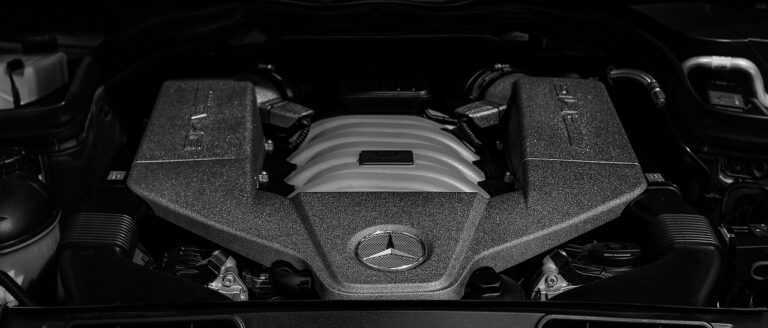Blockchain for Supply Chain Security in Automotive Electronics
cricbet.99, sky1exchange, cricbet99 reddy anna:Blockchain for Supply Chain Security in Automotive Electronics
In today’s automotive industry, the importance of ensuring supply chain security cannot be overstated. With the increasing complexity of electronic components used in vehicles, maintaining the integrity of the supply chain is crucial to prevent counterfeiting, unauthorized modifications, and other security risks. Blockchain technology has emerged as a promising solution to address these challenges and enhance supply chain security in automotive electronics.
Blockchain, the underlying technology behind cryptocurrencies like Bitcoin, is essentially a decentralized digital ledger that records transactions across a network of computers. In the context of supply chain security, blockchain can be used to create a transparent and immutable record of all transactions related to the sourcing, manufacturing, and distribution of electronic components used in automotive systems. This helps to establish trust and accountability among all stakeholders involved in the supply chain.
Here are some key ways in which blockchain can enhance supply chain security in automotive electronics:
1. Transparency and Traceability: By recording all transactions on a blockchain, every stakeholder in the supply chain can access a transparent and immutable record of the journey of each electronic component, from the sourcing of raw materials to the assembly of the final product. This visibility enables quick identification of any discrepancies or unauthorized changes, enhancing traceability and accountability.
2. Anti-Counterfeiting Measures: Counterfeit electronic components pose a significant threat to the automotive industry, leading to safety risks and financial losses. Blockchain technology can be used to create unique digital identities for each component, which are then recorded on the blockchain. This allows manufacturers and consumers to verify the authenticity of components throughout the supply chain.
3. Secure Data Sharing: Sharing sensitive information across multiple stakeholders in the supply chain can be a daunting task, given the risk of data breaches and unauthorized access. Blockchain provides a secure and decentralized platform for sharing data, ensuring that only authorized parties can access specific information. This enhances data security and reduces the risk of cyberattacks.
4. Smart Contracts: Smart contracts are self-executing contracts with the terms of the agreement directly written into code. In the context of supply chain security, smart contracts can automate various processes, such as verifying the authenticity of components or ensuring compliance with regulations. This reduces the risk of human error and enhances the efficiency of supply chain operations.
5. Enhanced Resilience: Traditional supply chains are vulnerable to disruptions caused by natural disasters, geopolitical events, or cyberattacks. Blockchain technology adds an extra layer of resilience to supply chains by decentralizing control and ensuring that data is distributed across multiple nodes. This reduces the risk of a single point of failure and enhances the overall robustness of the supply chain.
6. Regulatory Compliance: The automotive industry is subject to stringent regulations and standards, particularly concerning product safety and quality. Blockchain technology can help ensure compliance with these regulations by creating an auditable record of all transactions related to electronic components. This facilitates regulatory reporting and auditing processes, reducing the risk of non-compliance penalties.
In conclusion, blockchain technology has the potential to revolutionize supply chain security in automotive electronics by enhancing transparency, traceability, anti-counterfeiting measures, data security, automation, resilience, and regulatory compliance. As the automotive industry continues to embrace digital transformation, integrating blockchain into supply chain management processes will become increasingly essential to ensure the integrity and security of electronic components used in vehicles.
FAQs
Q: How does blockchain enhance transparency in the automotive supply chain?
A: Blockchain records all transactions in a decentralized and immutable ledger, providing stakeholders with full visibility into the journey of electronic components across the supply chain.
Q: Can blockchain prevent counterfeiting of electronic components?
A: Yes, blockchain can create unique digital identities for each component, making it easier to verify authenticity and detect counterfeit products.
Q: What is the role of smart contracts in supply chain security?
A: Smart contracts automate various processes in the supply chain, such as verifying component authenticity and ensuring regulatory compliance, thereby enhancing security and efficiency.
Q: How does blockchain technology improve data security in the supply chain?
A: Blockchain provides a secure and decentralized platform for sharing sensitive information, ensuring that only authorized parties can access specific data, reducing the risk of data breaches.
Q: What are the key benefits of integrating blockchain into automotive supply chain management?
A: Some key benefits include enhanced transparency, traceability, anti-counterfeiting measures, data security, automation, resilience, and compliance with regulatory standards.







